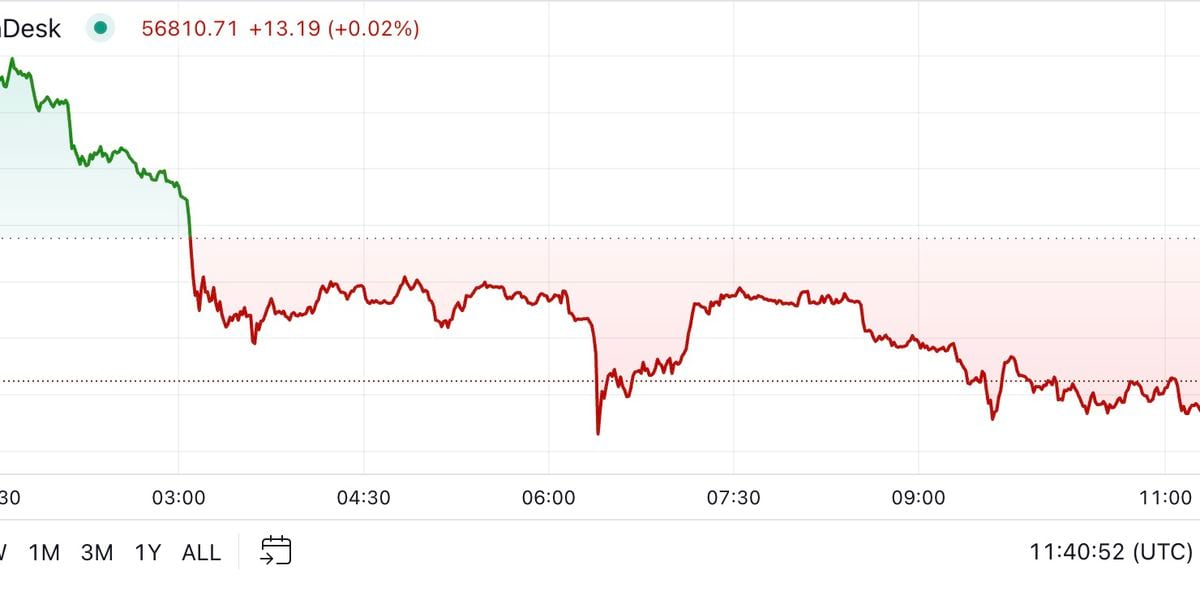The United Nations Development Programme (UNDP) is poised to elevate the skills of its 22,000 staff members through a comprehensive blockchain technology training initiative. Teaming up with the Algorand Foundation, the United Nations Development Programme plans to inaugurate a blockchain academy by 2024. This groundbreaking venture is designed to impart knowledge about distributed ledger technology and blockchain applications to the organization’s extensive global workforce spanning 170 countries.
United Nations agency to teach a wide spectrum of topics
The curriculum is set to encompass a spectrum of topics, including financial inclusion, supply chain transparency, real-world asset tokenization, and digital identity applications. At the Algorand Impact Summit held in New Delhi, Robert Pasicko, an expert at United Nations Development Programme specializing in alternative finance and low-carbon development, shed light on the partnership with the Algorand Foundation. He emphasized how this collaboration would enable the organization to “upskill, empower, and inspire UN practitioners worldwide.”
The academy’s educational framework aims to be multifaceted, incorporating lectures, workshops, and hands-on assignments. This approach is envisioned to equip UNDP staff with practical tools to navigate and address complex global challenges through the lens of blockchain technology. Doro Unger-Lee, Head of Education and Inclusion at the Algorand Foundation, underscored the critical role of education as a “first step toward identifying and delivering actionable, on-the-ground use cases of blockchain.”
Achieving suitable development through blockchain education
This strategic perspective aligns with the broader mission of leveraging blockchain to achieve Sustainable Development Goals across various domains. Algorand, renowned for its layer-1 blockchain offering secure, efficient, and scalable applications, experienced a modest 1.5% uptick in its native token’s value, reaching $0.135 following the announcement. This collaboration signifies a calculated move by the UNDP to harness the transformative potential of blockchain for positive impact.
It echoes the organization’s ongoing commitment to exploring blockchain applications, as demonstrated by its 2018 partnership with the Blockchain Charity Foundation (BCF) to advance the use of Distributed Ledger Technology (DLT) for social good. Additionally, UN Secretary-General António Guterres established a ‘High-Level Panel on Digital Cooperation’ in 2018, focusing specifically on blockchain technology. As the United Nations Development Programme prepares to launch its blockchain academy, it signals a broader acknowledgment within the international organization of blockchain’s potential across diverse sectors.
The emphasis on real-world applications, such as financial inclusion and supply chain transparency, underscores a commitment to leveraging blockchain for tangible, positive outcomes. With a global reach spanning 170 countries, the UNDP’s initiative holds the promise of fostering a more blockchain-literate and adept workforce, capable of contributing to sustainable development goals through innovative technology solutions. The collaboration between the UNDP and the Algorand Foundation exemplifies a forward-looking approach that positions blockchain education as a cornerstone for addressing global challenges in the pursuit of sustainable development.





